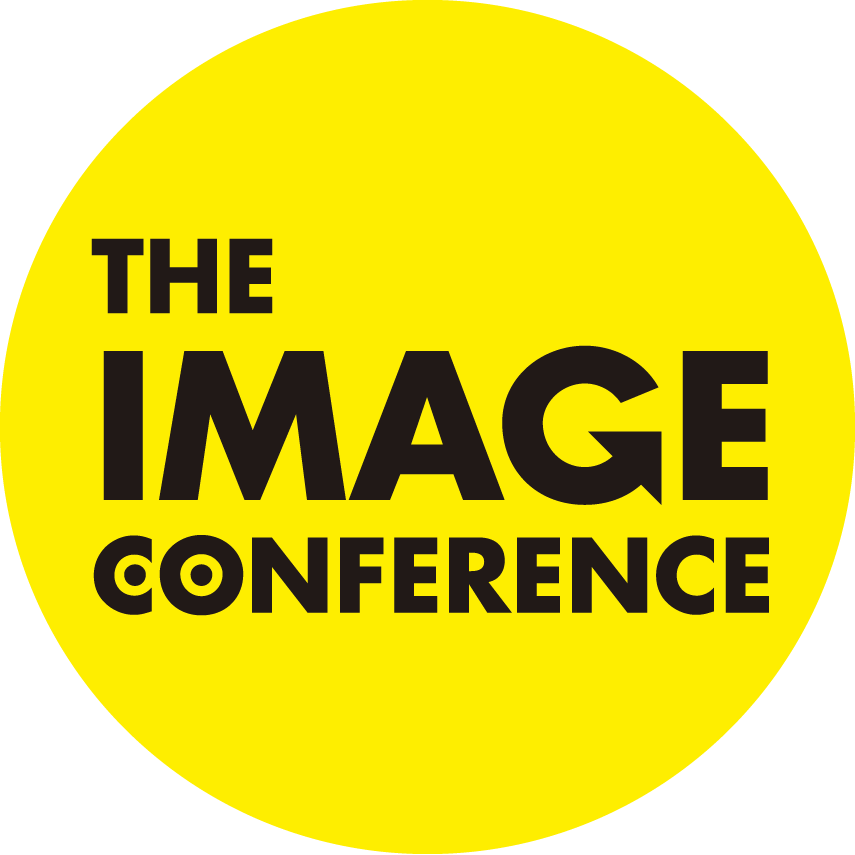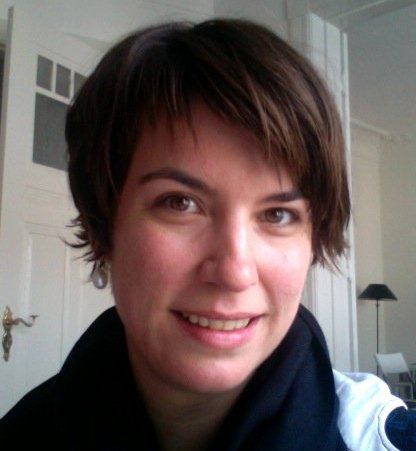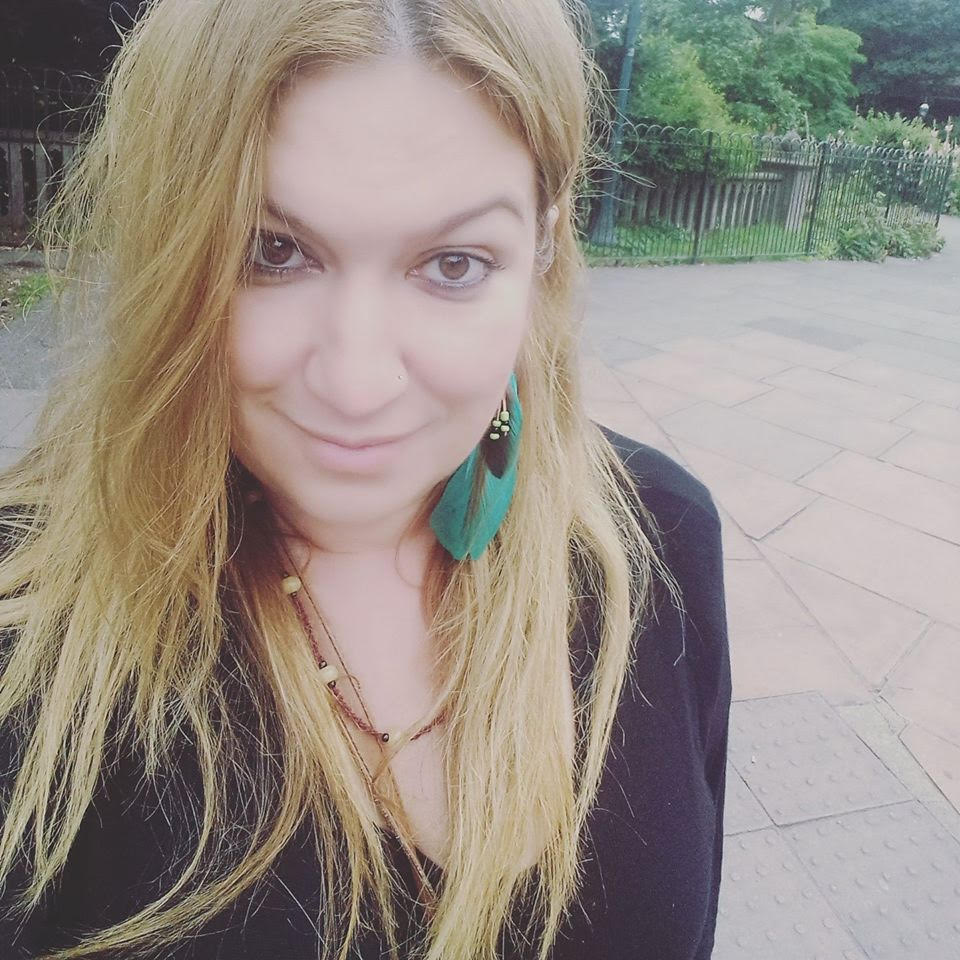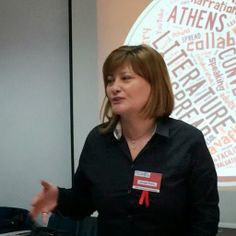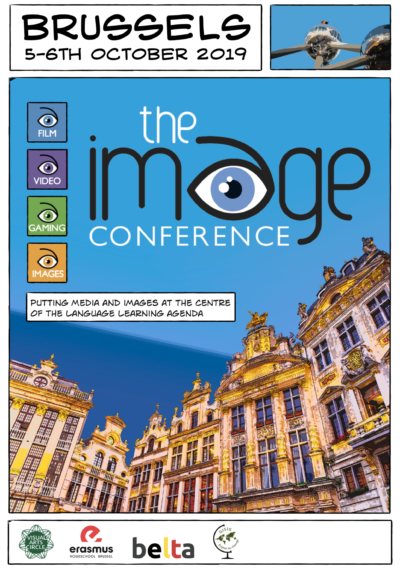Jodi Ellen Stolzenbach is a freelance English instructor based in Hamburg, Germany. She attended The Image Conference and talks about her experience here.
1. What did you enjoy about The Image Conference?
The Image Conference was an important experience for me as a new freelance EFL teacher (in Hamburg, Germany) looking for a sense of the bigger picture of the EFL field in Europe. I came to The Image Conference alone and without institutional affiliation and was pleased to meet other teachers just as motivated as I was to chat in between sessions and share experiences with other attendees. The sessions were rich with all kinds of practical lesson ideas as well as some of the theory behind the presenters’ teaching practices, and I came away inspired to integrate what I had learned into my own teaching practice.
2. How was The Image Conference different from other conferences you’ve been to?
I am new to the TEFL field but had been to other education conferences before in the United States where I worked developing university-level curricula (in two fields: study abroad/experiential education and design education). So, this was my first TEFL conference. Reflecting back on other conference experiences I only wish there had been more time at The Image Conference to network with other teachers as well as smaller break-out sessions during which we could simulate or brainstorm lesson ideas and get feedback.
3. What were the main discussion points to arise in The Image Conference?
The most useful discussion points I took away from The Image Conference had to do with how to elicit lesson content from students’ own ideas, feelings and experiences, as well as how to use authentic visual material (i.e., journalistic and personal photographs, maps, clips from film and television) effectively and efficiently. I thought it was useful that some presenters expressed their opinions on choosing visual material, for instance whether to use a “defining image”, which opens the classroom up to socially- or politically-oriented discussions, or mundane image, which students relate to their personal experience.
4. Are there any practical activities you saw in The Image Conference which you’re going to use in your classes?
I got so many practical ideas for how to intelligently use images and video in my teaching practice that I actually have to hold back and try not to use all of them at once! I think the most useful technique I learned over several sessions was how to withhold bits of information about the image or video to elicit students’ response in a more targeted manner. I’ve been experimenting with this already in my classes these past couple of weeks.
5. Would you like to see a second edition of The Image Conference?
Most definitely. It was a pleasure to attend, and I would very much look forward to attending next year!
